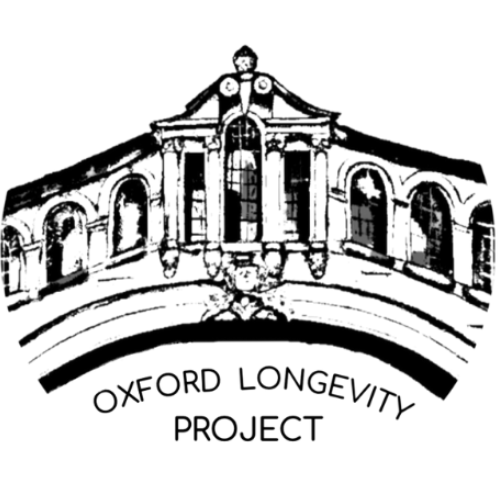
longevity terms
We’re here to help you get your head around longevity. Let’s start with the most common terms you hear in the world of healthy ageing.
LoNGEVITY
There are a lot of people who throw around the word longevity, but what does longevity mean? What is the definition of longevity? In a much-referenced paper, De Benedictis & Franceschi (2006) defined longevity as the ability to live a long life beyond the species-specific average age at death (see life expectancy below). We define longevity as living well for longer.
AGEING
You may be surprised to learn that why we age or even when ageing starts is still being debated by scientists. What they do agree on, however, is a set of hallmarks of ageing—damage to genetic material cells, and tissues that accumulates with age and cannot be repaired by the body; this accumulated damage is associated with the ageing process and ageing. Of course, you don’t need to look at a person’s DNA to see ageing. We’re all familiar with wrinkles and gray hair. Other telltale ageing signs include reduced endurance, hearing, testosterone levels, and vision.
bIOLOGICAL AGE
If you’ve ever looked at Jennifer Lopez and thought, “how does a 50-year-old look like that?” Or if you’ve seen Sir Christopher Ball running around Oxford you may think he has the gait of say, a 70-year-old (he’s almost 90!). While your chronological age refers to how long you have been on this Earth, the actual condition that your body is in determines your biological age. Doctors and scientists can approximate biological age by analysing various indicators like blood pressure, vision, hearing and joint mobility, length of telomeres, and levels of certain proteins in the bloodstream, among others. In combination, they can be used to estimate biological age. Please note that currently, there is no standardised combination of factors to determine biological age and that it will always be an estimate.
chronological age
This is your age as you know it. How many candles were on your last birthday cake (or should have been)? This is your chronological age.
HEALTHSPAN
This term sounds like lifespan, but it’s different in a key way: it describes the period of time during a person’s lifespan in which a person is healthy. For example, if a person lived 80 years, but they were unwell for the last ten years of life, their healthspan was 70 years. Living longer is great, but living a long time in pain or in distress, is less great. When we talk about longevity, we mean longer healthspan.
LIFE EXPECTANCY
The amount of time the average person is expected to live given their year of birth, current age, and a set of demographic factors including gender. Most often this is defined by country. For example, according to the Office for National Statistics, life expectancy at birth in the UK (2020-2022) was 78.6 years for males and 82.6 years for females. This means that the average girl baby born in 2020 is expected to live around 82.6 years.
LONGEVITY HOTSPOT
This term describes regions of the world where people live longer than average, maintain good health, and where there are particularly high numbers of centenarians. Five regions are currently known as Longevity Hotspots: Okinawa (Japan), Sardinia (Italy), the Nicoya Peninsula (Costa Rica), Ikaria (Greece) and Loma Linda (California, USA) [Buettner & Skemp 2016].
MAXIMUM LIFESPAN
According to the Max Planck Institute, maximum lifespan is the maximum time that members of a population have been observed to survive between birth and death. They name a woman who lived to over 122 years of age as the longest lived human. In the UK, which reduces the population size, the longest lived person was Charlotte Hughes who lived 115 years and 228 days.
